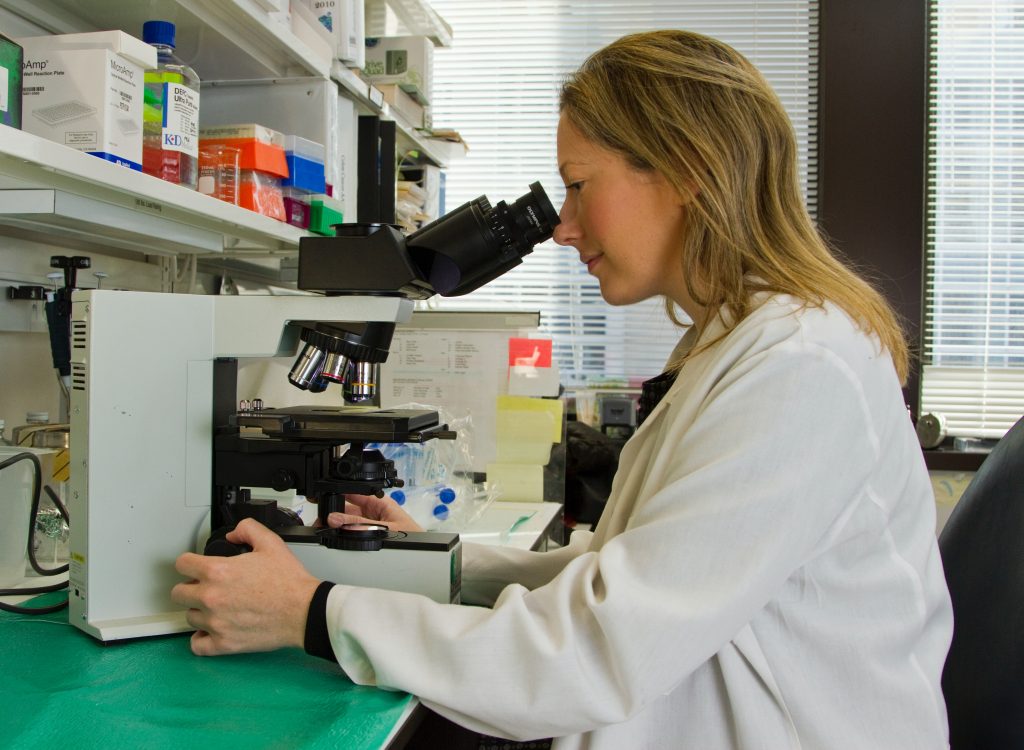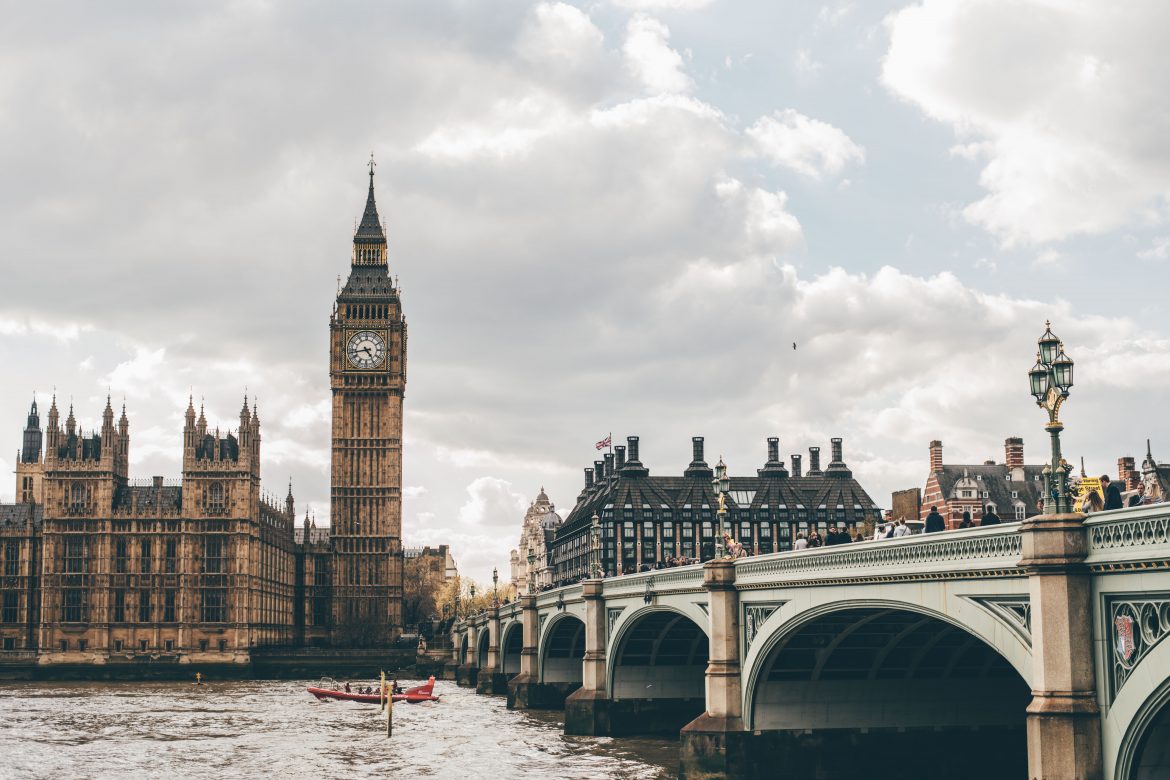Today, 1st of November 2018, Sajid Javid introduced legislation in which legalised cannabis for medical use in the United Kingdom. The law change, laid in Parliament today, came after the Home Secretary, Sajid Javid, listened to concerns from parents of children with conditions such as severe epilepsy. At the time it was hailed as a monumental step towards greater legalisation by campaigners. People across the country who have been self-medicating for years felt that this move would finally offer them a legal route to cure their ailments.
The reality on the ground isn’t quite so exciting. Since then under 100 people have been given a prescription. That’s less than 0.00015% of the British population. (1)
Despite this and the fact that recreational use of cannabis is still illegal – the UK legally exports more cannabis than any other country on the planet.
You’d be forgiven for making an assumption based on these facts that UK patients should easily be able to obtain medical, prescribed cannabis for serious illnesses like MS, cancer, or severe epilepsy. Unfortunately, not. The process of actually getting a prescription is about as bureaucratically British as you could imagine. Due to the fact that cannabis is still an unlicensed medicine, Doctors must prove that the patient has a need that can’t be met by licensed medicines.
If you take a look at countries where medical cannabis has been publicly available for longer then can get a better understanding of why. The Netherlands legalised cannabis for medical use over 15 years ago in 2003. Since then they have established an office for medical cannabis as part of the public health ministry. One of the first moves of the office for medical cannabis was to set up a system that allows family doctors to easily prescribe via authorised pharmacies. Since then patient access has drastically increased.
While the NHS has offered professional guidelines for prescribing cannabis no dedicated authority has been established. It is arguable that until the United Kingdom has its own ‘Ministry of Cannabis’ with the powers to establish and oversee efficient prescription systems then we will never benefit from the same levels of access seen in countries like the Netherlands.

The UK requires a medical cannabis system that is sensitive to patients’ needs but also one that can be stomached by the appropriate regulatory bodies. Fortunately, it is not all doom and gloom. According to the UK Secretary of State for Health, Matt Hancock, the government are working on a smoother process in order to make it easier for clinicians to prescribe.
Hope is on the horizon for hundreds of thousands of British patients with MS, Epilepsy and other conditions that could be dramatically improved with access to cannabis. This process must continue to be encouraged by campaigners otherwise progress in an immensely important field could come to a halt.
Source: Home Office

